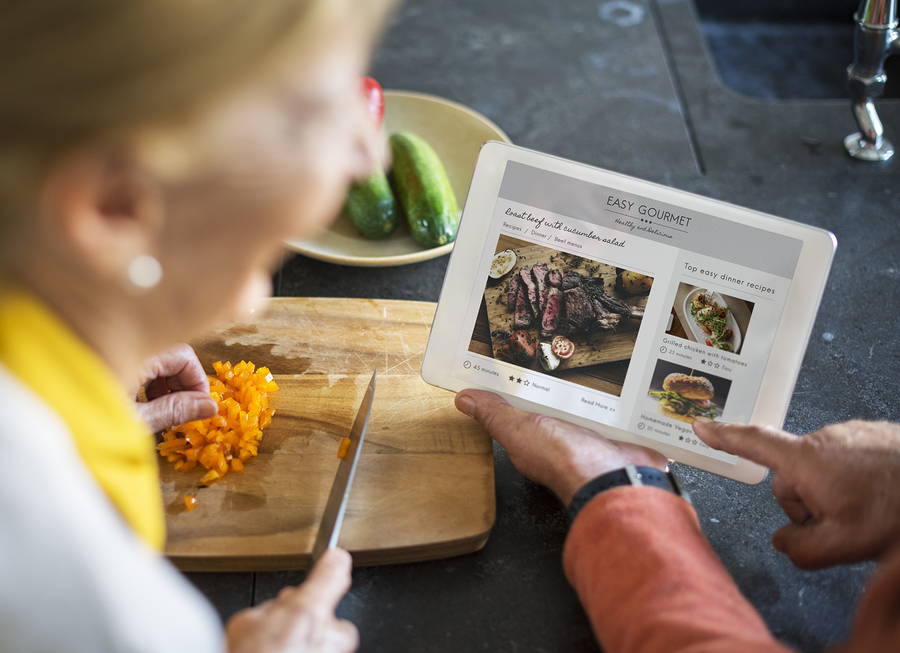
What is the Most Powerful Marketing in the Food Business?
June 13th, 2017 Posted by Emergent brand marketing, Brand preference, digital tools, food experiences, Food Trend 0 comments on “What is the Most Powerful Marketing in the Food Business?”Showing is more important than telling
Marketing expert Bernadette Jiwa recently wrote: “Harley Davidson’s most powerful marketing isn’t the details about engine size, speed or low-end torque that’s written in the brochure — it’s the stories riders tell about the feeling they get when they ride one. And often your most effective marketing may not even be done by you.”
Most efforts in food marketing will begin with telling consumers about facts and features that go into the product: its recipe, nutritionals, superior ingredients, preparation steps and taste claims. But the days of assertion marketing are at a close, as consumers move away from anything that looks like self-promotion and overt selling.
Food is experiential and cultural
Food – its preparation and enjoyment – is a social, cultural phenomenon and symbolic statement of what people would like the world to believe about them. People have connected the quality of what they put in their bodies TO the quality of their lives. Equally, they’ve discovered the benefits of flavor and experience achieved through improved cooking, preparation techniques, and the quality of the fresh ingredients they use.
The paradigm for successful food product marketing can be summed up in three equally important pillars:
- Sharing = forging communities
- Showing = inspiration
- Guiding = education
In terms of effectiveness and impact, consumers’ experiences, reviews and testimonials are most compelling. It is their assessment and comments that drive belief and trust.
Community development and activation cannot be underestimated as a fundamental strategic component of the food brand marketing plan. It is mission critical to create the forums and opportunities for consumers to provide their testimonials and feedback. It is their words that fuel and validate what marketers want the world to believe.
Thus, user-generated content (UGC) is paramount. It’s important to enable and encourage consumers to share photos and videos of how they use and enjoy your brand. Make it easy to upload; create incentives to do so.
What’s the marketers’ role?
You already know we live in a content marketing world. So, the kind of content you create is key to creating the levels of engagement you expect for the funds you invest.
Guiding, coaching and teaching should be the driving force behind your content marketing plan. This is what it will look like:
- Instructional and educational video on creative ways to use your product
- Content that answers questions
- Content that inspires creativity
- Content that celebrates home cooks, food enthusiasts and their stories
This kind of marketing puts the brand in league with the consumer as a partner and facilitator of their lifestyle passions. Nothing you do will outshine the benefits of acting as tour guide to a healthy lifestyle, and showcasing the culinary ideas that make food experiences transformative and memorable.
Talking “at” consumers will not be more impactful and powerful than the sharing of their own experiences and your efforts to showcase uses and ideas relevant to their interests and culinary goals.
In sum, put the consumer at the center of your go-to-market strategies and work backwards from there!
Looking for more food for thought? Subscribe to our blog. Bob Wheatley is the CEO of Chicago-based Emergent, the healthy living agency. Emergent provides integrated brand strategy, communications and insight solutions to national food, beverage, home and lifestyle companies. Emergent’s unique and proprietary transformation and growth focus helps organizations navigate, engage and leverage consumers’ desire for higher quality, healthier product or service experiences that mirror their desire for higher quality lifestyles. For more information, contact [email protected] and follow on Twitter @BobWheatley.
